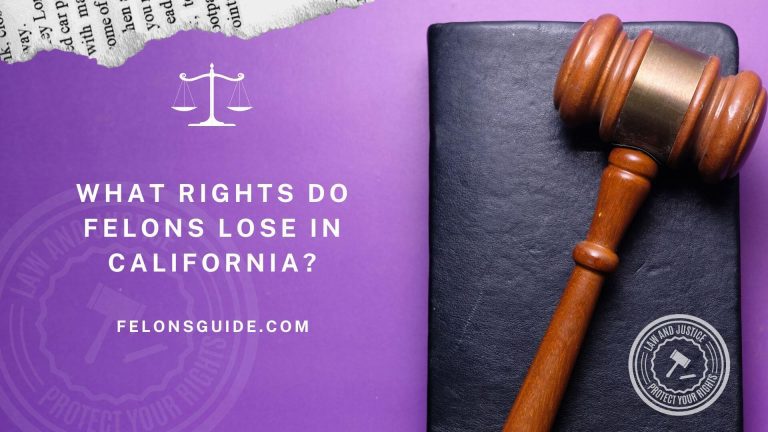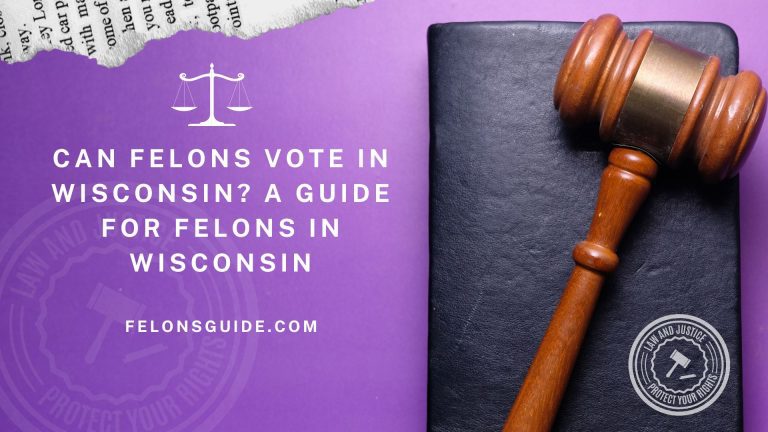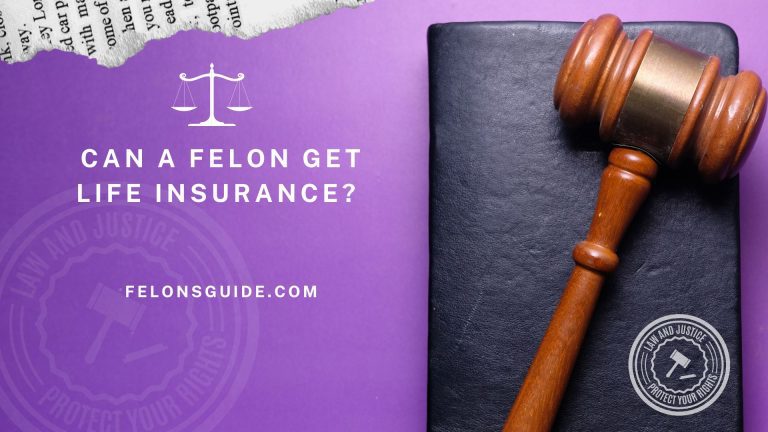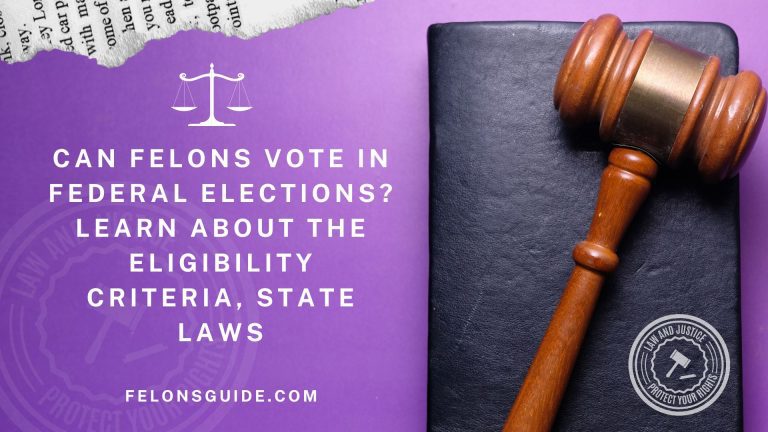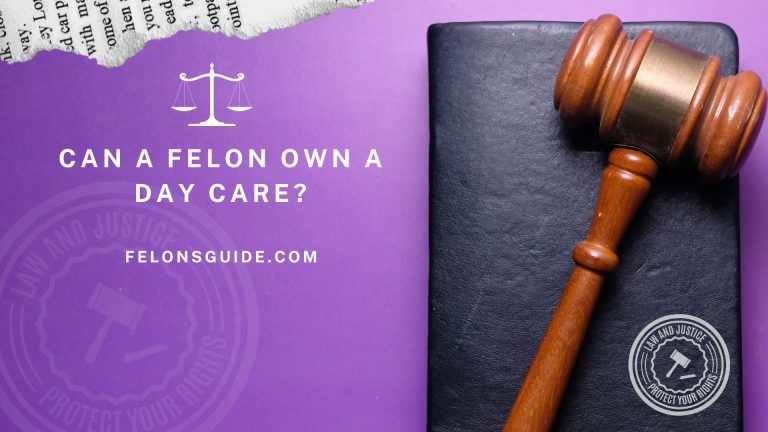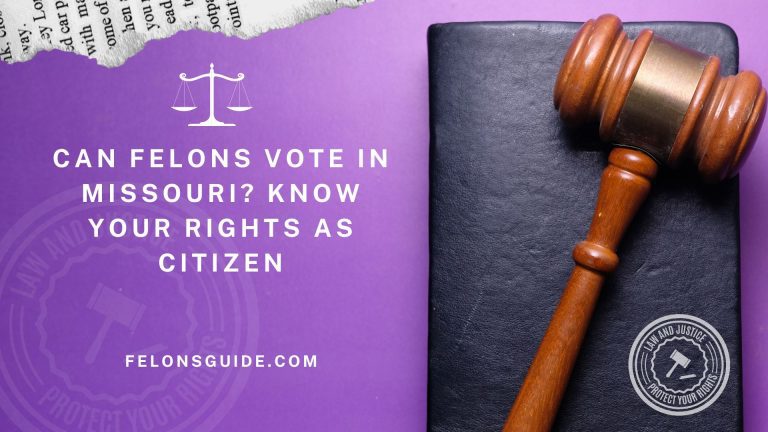Why Can’t Felons own Body Armor? Navigating the Legalities
Body armor has become an indispensable component of the kit for law enforcement officers, security personnel, and military personnel alike. The practice of utilizing body armor has experienced a staggering surge in popularity in the recent past, and it is now readily accessible for procurement by the common citizenry. However, not everyone is allowed to own body armor. One particular group of people prohibited from owning body armor is convicted felons. But why can’t felons own body armor? In this article, we will explore the legal and ethical implications of this prohibition, and the potential impact on public safety.
Why Can’t Felons Own Body Armor?
The reason why felons are prohibited from owning body armor is due to federal law. In 2002, the United States Congress passed the “Bulletproof Vest Partnership Grant Act,” which made it illegal for anyone convicted of a violent crime to purchase or possess body armor. The law was created to prevent felons from using body armor to commit more crimes.
The prohibition on felons owning body armor is also supported by the fact that body armor is considered protective gear, which means that it is meant to protect the wearer from harm. Nevertheless, if an individual with a criminal record dons body armor while engaging in unlawful activities, it presents a formidable challenge for law enforcement authorities to apprehend them, and it magnifies the peril of endangering innocent bystanders. Therefore, the prohibition on felons owning body armor is an attempt to balance public safety concerns with the rights of felons.
Legal Implications:
The prohibition on felons owning body armor raises some legal implications. One of the legal implications is whether this prohibition violates the Second Amendment of the United States Constitution, which guarantees the right to bear arms. However, the courts have consistently upheld the prohibition on felons owning body armor, citing public safety concerns.
Another legal implication is how the prohibition is enforced. Since body armor is readily available for purchase by the general public, it can be challenging to enforce the prohibition on felons owning body armor. However, law enforcement officers can use the prohibition as an additional charge against felons found in possession of body armor.
Ethical Implications:
The prohibition on felons owning body armor also raises some ethical implications. One of the ethical implications is whether it violates the principle of proportionality, which requires that the punishment fit the crime. Some argue that prohibiting felons from owning body armor is a disproportionate punishment, as it infringes on their rights without providing significant benefits to public safety.
However, others argue that the prohibition on felons owning body armor is necessary to protect public safety. They argue that felons have already demonstrated a willingness to commit violent crimes, and allowing them to own body armor could make it more difficult for law enforcement officers to apprehend them.
Potential Impact on Public Safety:
The prohibition on felons owning body armor is intended to protect public safety. By preventing criminals from owning body armor, the law seeks to reduce the likelihood of felons using body armor to commit crimes. However, the prohibition may also have unintended consequences.
For example, some argue that the prohibition may discourage law-abiding citizens from owning body armor for personal protection. This could leave law-abiding citizens vulnerable to harm, particularly in situations where they are facing armed criminals.
Also Read:
FAQs:
Q: Can felons own body armor if they were not convicted of a violent crime?
A: Yes, felons who were not convicted of a violent crime can legally own body armor.
Q: Can law enforcement officers use body armor while committing a crime?
A: No, law enforcement officers are not exempt from the prohibition on using body armor while committing a crime. If an officer uses body armor while committing a crime, they can face criminal charges.
Q: Is body armor effective against all types of weapons?
A: No, body armor is designed to protect against certain types of weapons, such as handguns and shotguns. It is not effective against high-powered rifles and other military-grade weapons.
Q: Can a person be charged with a crime for selling body armor to a felon?
A: Yes, it is illegal to sell body armor to a felon, and anyone caught doing so can face criminal charges.
Conclusion:
The prohibition of felons from owning body armor is a complex issue that requires a delicate balance between public safety and individual rights. Although the aim of the prohibition is to hinder individuals with criminal records from exploiting body armor for illicit purposes, it could also have inadvertent consequences, such as deterring lawful citizens from procuring body armor for self-defense purposes.
Ultimately, the prohibition on felons owning body armor is a reminder of the delicate balance between individual rights and public safety. As society continues to grapple with issues related to crime and punishment, it is important to consider the various legal and ethical implications of policies such as the prohibition on felons owning body armor. By doing so, we can work towards creating a safer and more just society for all.
